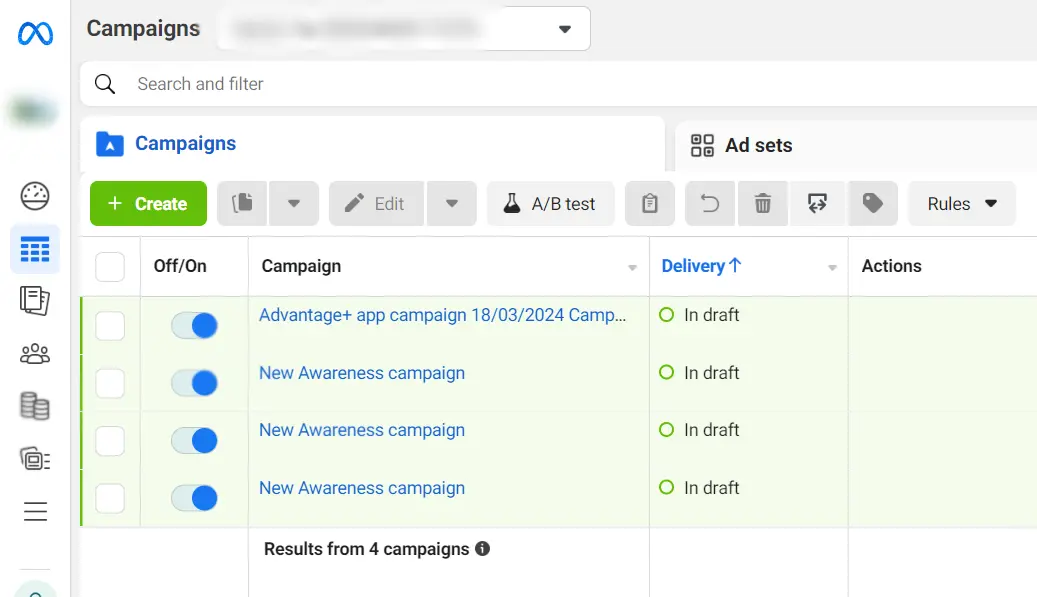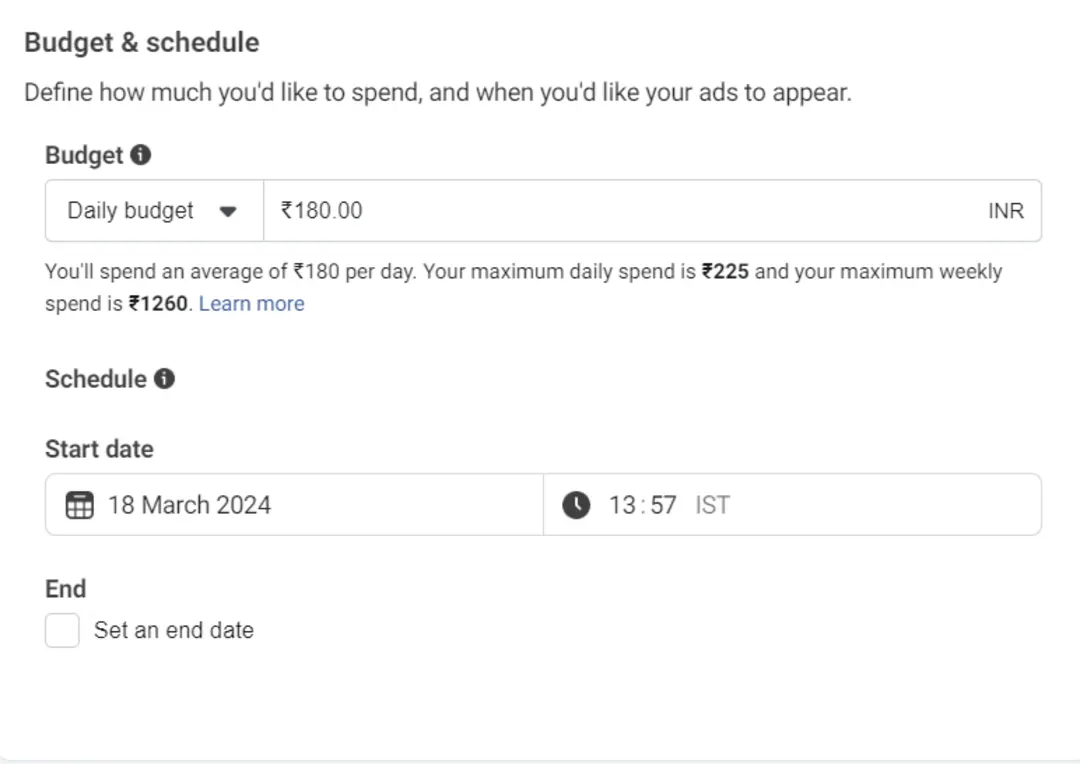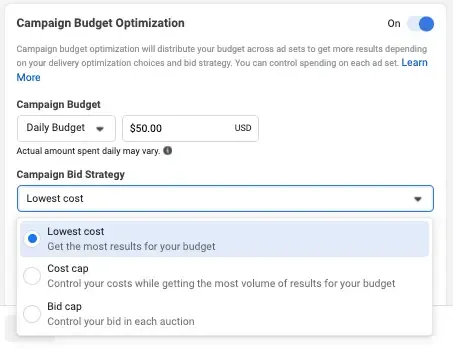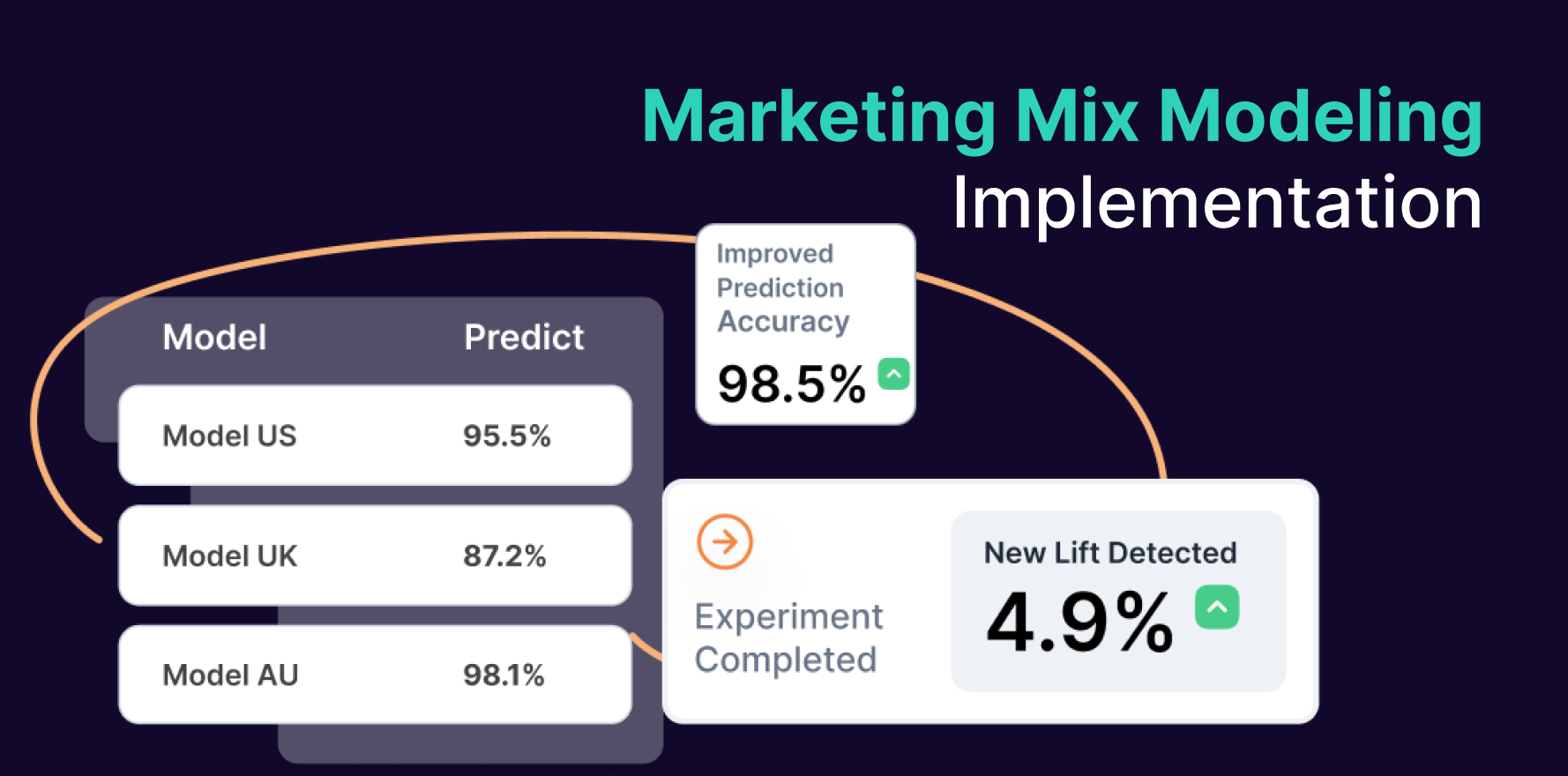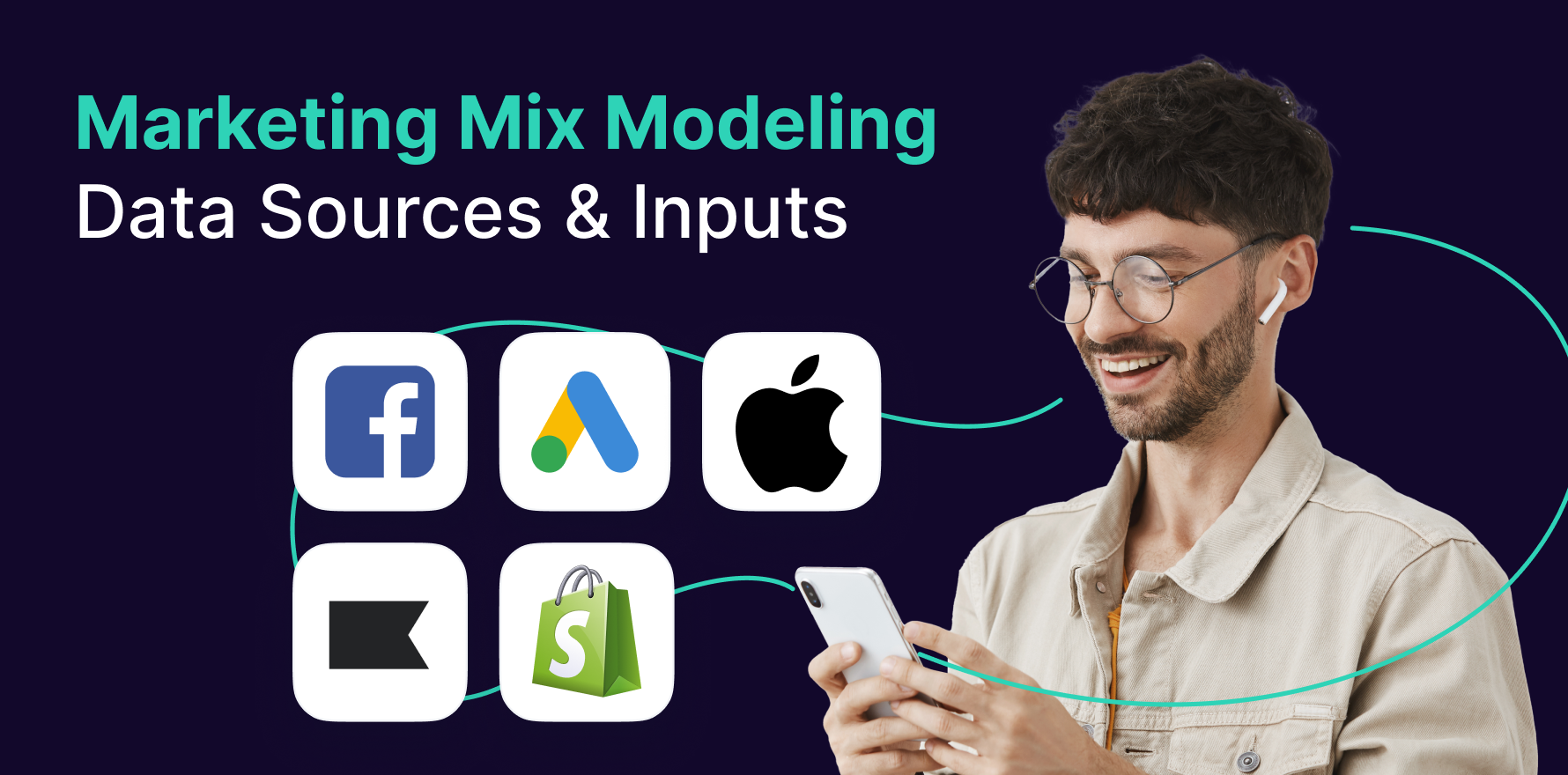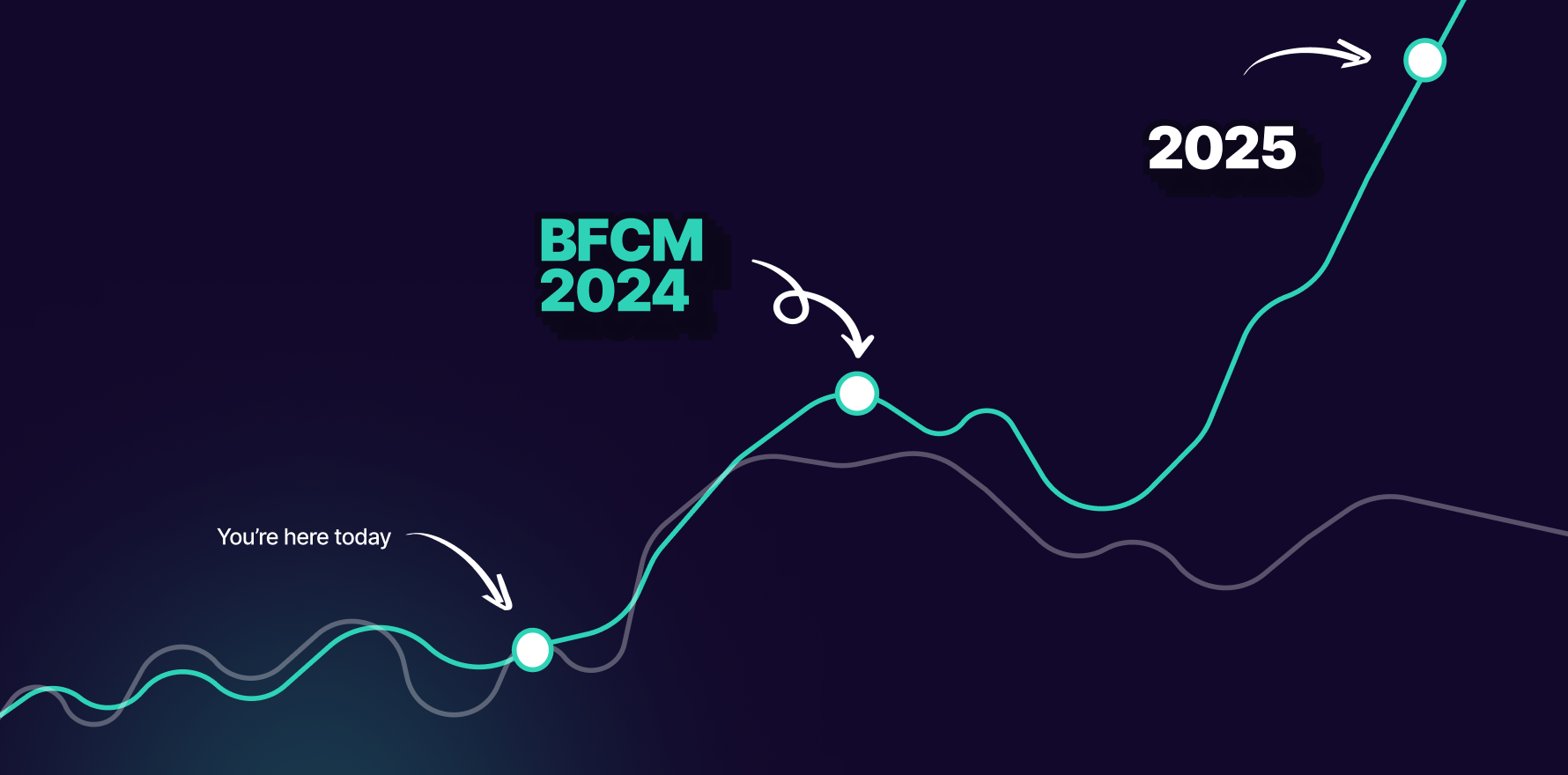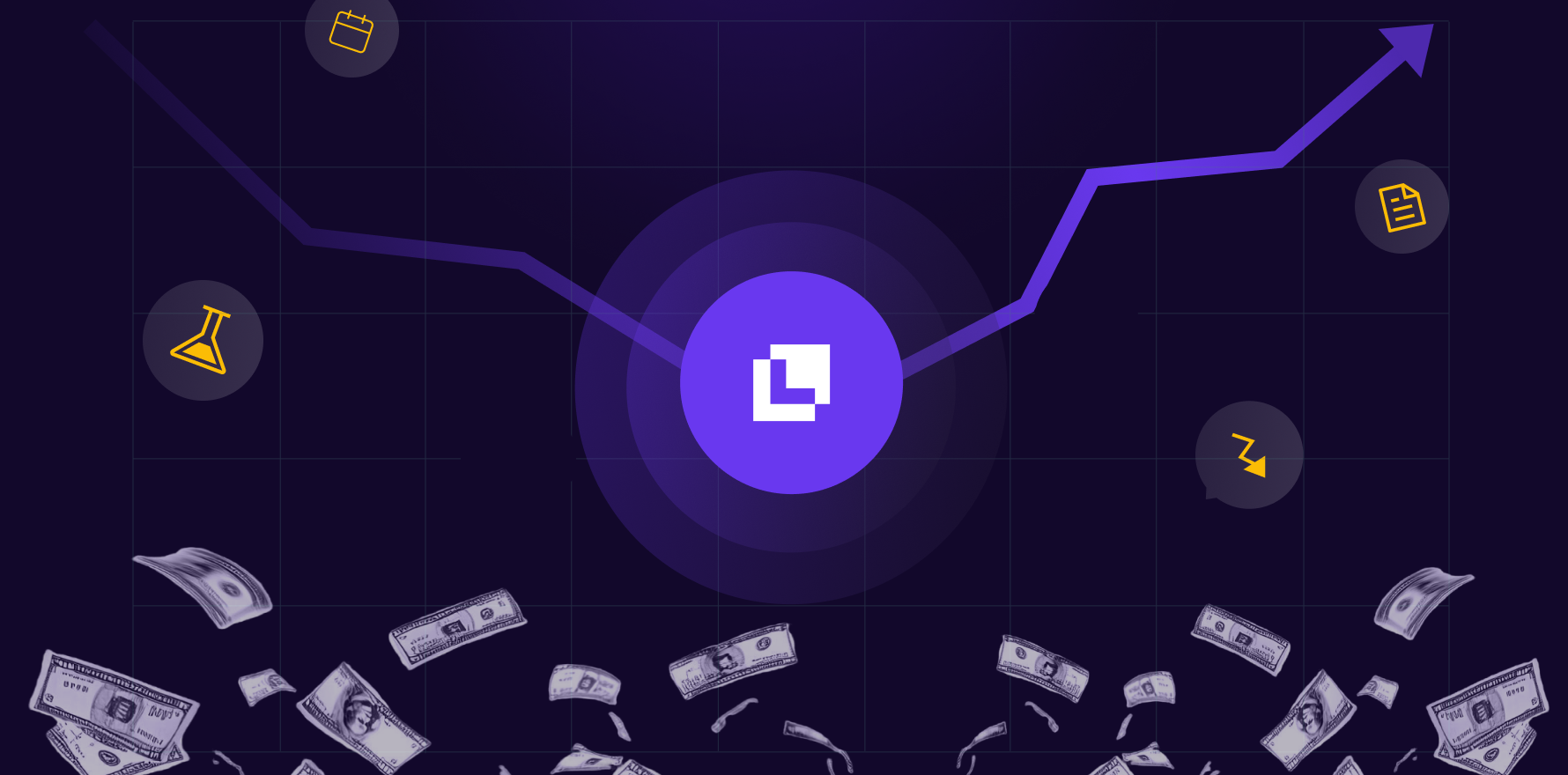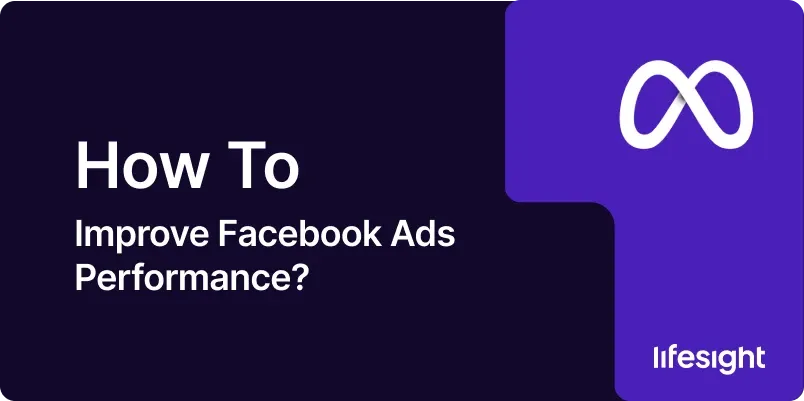
Introduction:
In the dynamic landscape of digital advertising, optimizing Facebook Ads performance is key to achieving successful outcomes for your campaigns. Whether you’re aiming to increase reach, engagement, or conversions, refining your approach can significantly impact results. This guide provides a step-by-step process to enhance the performance of your Facebook Ads, ensuring that your advertising efforts yield the best possible returns.
Step 1: Clearly Define Your Objectives
Begin by clearly defining your campaign objectives. Whether it’s driving website traffic, increasing brand awareness, or boosting conversions, a precise understanding of your goals is crucial for crafting effective Facebook Ads.
Step 2: Know Your Audience
Understand your target audience’s demographics, interests, and behaviors. Utilize Facebook’s audience targeting features to reach the right people. Leverage custom audiences, lookalike audiences, and detailed targeting options to refine your audience selection.
Step 3: Compelling Ad Creatives
Craft visually appealing and compelling ad creatives. Use high-quality images or videos, engaging copy, and a clear call-to-action. Ensure that your ad aligns with your brand identity and resonates with your target audience.
Step 4: A/B Testing
Conduct A/B testing to experiment with different ad elements. Test variations in ad copy, visuals, headlines, and calls-to-action. Analyze performance metrics to identify the winning combinations and refine your future campaigns based on these insights.
ab-test-ad-copy-in-facebook-ads
Step 5: Optimize Ad Placement
Review the performance of your ads across different placements, including Facebook feeds, Instagram, Audience Network, and Messenger. Allocate budget to the placements that yield the best results for your specific objectives.
Step 6: Utilize Ad Scheduling
Leverage ad scheduling to show your ads at optimal times. Understand when your target audience is most active on the platform and schedule your ads accordingly. This ensures that your ads reach users when they are most likely to engage.
ad-scheduling-in-facebook-ads
Step 7: Implement Conversion Tracking
Set up Facebook Pixel and implement conversion tracking on your website. This allows you to track user actions post-click, measure the effectiveness of your ads, and optimize for specific conversions.
setup-conversion-tracking
Step 8: Optimize Ad Delivery
Choose the most relevant ad delivery optimization option based on your campaign goals. Whether it’s optimizing for link clicks, impressions, or conversions, align your ad delivery settings with your objectives to maximize performance.
Step 9: Monitor Ad Frequency
Keep an eye on ad frequency, which represents the average number of times a user has seen your ad. High ad frequency can lead to ad fatigue and decreased performance. Rotate ad creatives or adjust targeting to manage frequency and keep your ads fresh.
Step 10: Strategic Bid Strategies
Experiment with different bidding strategies, such as bid cap, target cost, or bid strategy based on value. Test and analyze the performance of each strategy to determine which aligns best with your campaign objectives.
campaign-bidding-strategies-in-facebook-ads-manager
Step 11: Leverage Dynamic Ads
For e-commerce businesses, consider implementing dynamic ads that automatically show personalized products to users who have shown interest on your website. Dynamic ads can enhance relevance and increase the likelihood of conversions.
Step 12: Ongoing Performance Analysis
Regularly analyze performance metrics through Facebook Ads Manager. Monitor key metrics such as click-through rate (CTR), conversion rate, return on ad spend (ROAS), and cost per conversion. Use these insights to refine and optimize your ongoing campaigns.
Step 13: Audience Insights for Future Campaigns
After running campaigns, delve into Facebook’s Audience Insights to understand the demographics, interests, and behaviors of your engaged audience. Use these insights to inform your future ad targeting strategies.
Summary
Improving Facebook Ads performance is an iterative process that involves a deep understanding of your audience, strategic testing, and continuous optimization. By following these steps, from defining objectives to ongoing performance analysis, you can elevate the effectiveness of your Facebook Ads and achieve better results for your advertising efforts.
Free essential resources for success
Discover more from Lifesight
